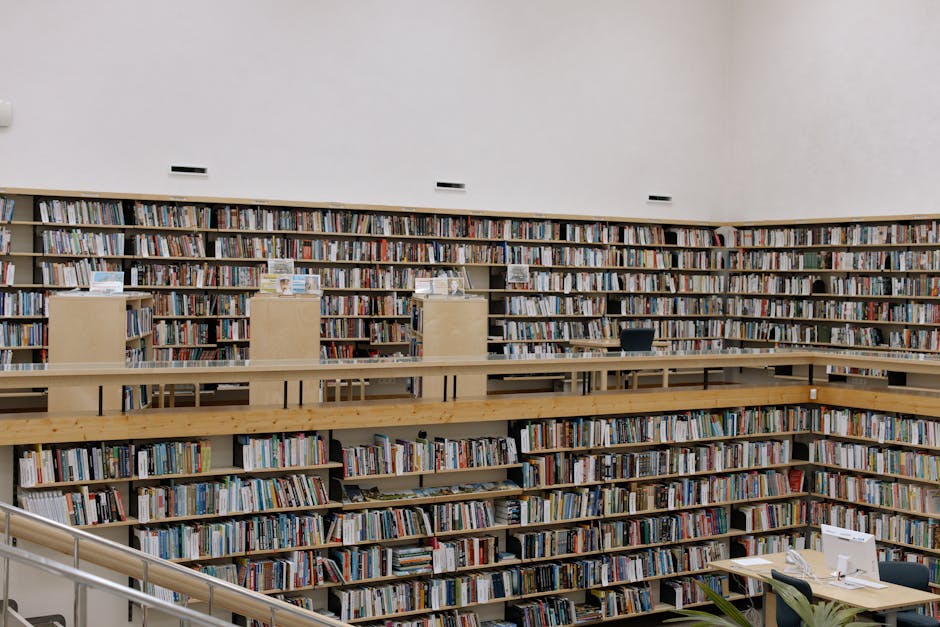The world of literary criticism is a dynamic field, a constantly shifting landscape of interpretations and analyses. While some critics maintain steadfast positions, a closer examination reveals a fascinating tapestry of evolving perspectives. A critical lens reveals that renowned figures, influential schools of thought, and even the very definition of what constitutes “good literature” have seen their appraisals transformed over time. This exploration delves into the complexities of this phenomenon, considering its drivers and implications.
A prominent instance of this evolution emerges from re-evaluations of canonical works. For centuries, certain texts were venerated as pinnacles of literary achievement, their merits unquestioned. However, as societal values, historical understanding, and critical approaches evolved, a reassessment of these venerated texts became unavoidable. For example, Shakespeare’s plays, while once viewed through a lens of idealized romanticism, were later subjected to rigorous psychological and social analyses, prompting a reinterpretation of motivations and characters. Similarly, Victorian novels, initially celebrated for their moral lessons, are now analyzed through a feminist, postcolonial, and psychoanalytic lens, often revealing hidden power dynamics and societal prejudices. This demonstrates that critical perspectives are not static; they reflect the evolving cultural and intellectual climate.
Not only do individual critics alter their perspectives, but entire schools of thought undergo transformations. Formalism, a dominant movement in the early 20th century, focused on the inherent qualities of the text, such as structure and style, often neglecting socio-political contexts. However, later critical approaches, such as Marxism and feminism, brought forth new lenses through which to appreciate literary works. These new perspectives revealed connections between literature and social structures, illuminating how power dynamics, class struggles, and gender roles shape narrative choices and character representations. The very concept of “literature” itself has broadened, encompassing a diversity of forms and voices that would have been excluded from earlier scholarly scrutiny.
Furthermore, the tools of literary criticism themselves have undergone significant development. The advent of postcolonial theory, for example, introduced a framework for understanding the impacts of colonialism on literature, offering a novel means of examining cultural representation and power relations. Similarly, the rise of cultural studies and queer theory has opened up new avenues for appreciating marginalized voices and identities, leading to a more comprehensive and inclusive understanding of literary expression.
A key driver behind this shifting landscape is the ever-changing social and political context. Social movements, political upheavals, and scientific discoveries constantly challenge established norms and interpretations. For instance, the Civil Rights Movement led to a surge in analyses of race and ethnicity in literature, while the feminist movement spurred a thorough reconsideration of gender representations. Consequently, the cultural zeitgeist influences the critical lens through which literary works are viewed, leading to continuous re-evaluations and re-interpretations.
Another compelling example lies in the re-evaluation of authors previously deemed obscure or unimportant. Often, the rediscovery of a writer or a re-examination of a work hinges on a reconfiguration of intellectual currents or a modification of critical theories. The previously marginalized voices of writers of color or women writers, for instance, were largely ignored or dismissed in earlier eras. However, with the emergence of postcolonial and feminist criticism, these previously neglected voices gained renewed attention and scholarly evaluation, changing the critical canon. The canon itself, therefore, is not static; it is constantly evolving as critical discourse evolves and includes previously excluded narratives and perspectives.
Even among critics within a particular movement or era, there can be significant differences of opinion. Consider the debates surrounding the merits of Modernism. While some championed Modernist innovations in style and form, others critiqued its alienation from the broader societal context. The nature and impact of this discourse demonstrates the inherent subjectivity of critical judgment. Different critics approach texts with different goals, expectations, and predispositions, leading to varied interpretations.
The question of whether critics change their opinions must be considered in the broader context of intellectual and cultural evolution. Critical thought is a dynamic process, characterized by ongoing dialogue, debate, and revision. What appears to be a change of opinion could sometimes be a refinement of understanding, driven by exposure to new evidence, theoretical developments, or a deeper engagement with the subject matter. While unwavering conviction is admirable, the ability to re-evaluate, adapt, and modify perspectives is crucial to the ongoing development of literary criticism.
The evolution of literary criticism is a testament to the enduring power of the human mind to analyze and interpret the world around it. The evolving nature of these interpretations underscores the rich and dynamic nature of literary study, prompting a constant re-examination of our understanding of texts, authors, and the literary landscape itself. Ultimately, the continuous evolution of critical perspectives fosters a more nuanced and comprehensive understanding of literature’s profound ability to reflect and shape human experience. The very idea of an absolute “correct” reading is undermined by the necessity for continuous questioning and re-interpretation. This ongoing interplay of opinions, methodologies, and perspectives is critical to the vitality and dynamism of literary scholarship.
